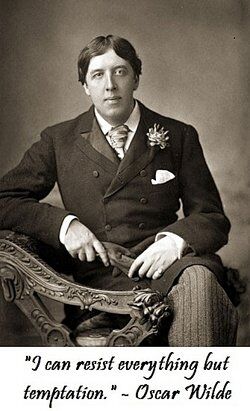Dryden, while compelled to honour him as an upright judge, overwhelmed his memory with scathing, if venal, satire; and Dryden's satire has been accepted as truth by later historians.
Oldham's verse is rugged, and his rhymes often defective, but he met with a generous appreciation from Dryden, whose own satiric bent was perhaps influenced by his efforts.
The real wit and rigour of Oldham's satirical poetry are undeniable, while its faults - its frenzied extravagance and lack of metrical polish - might, as Dryden suggests, have been cured with time, for Oldham was only thirty when he died.
Among the more illustrious of his pupils may be mentioned South, Dryden, Locke, Prior and Bishop Atterbury.
These were written in their author's chosen vein of light satire, and Dryden praised them as highly effective within their own range.


